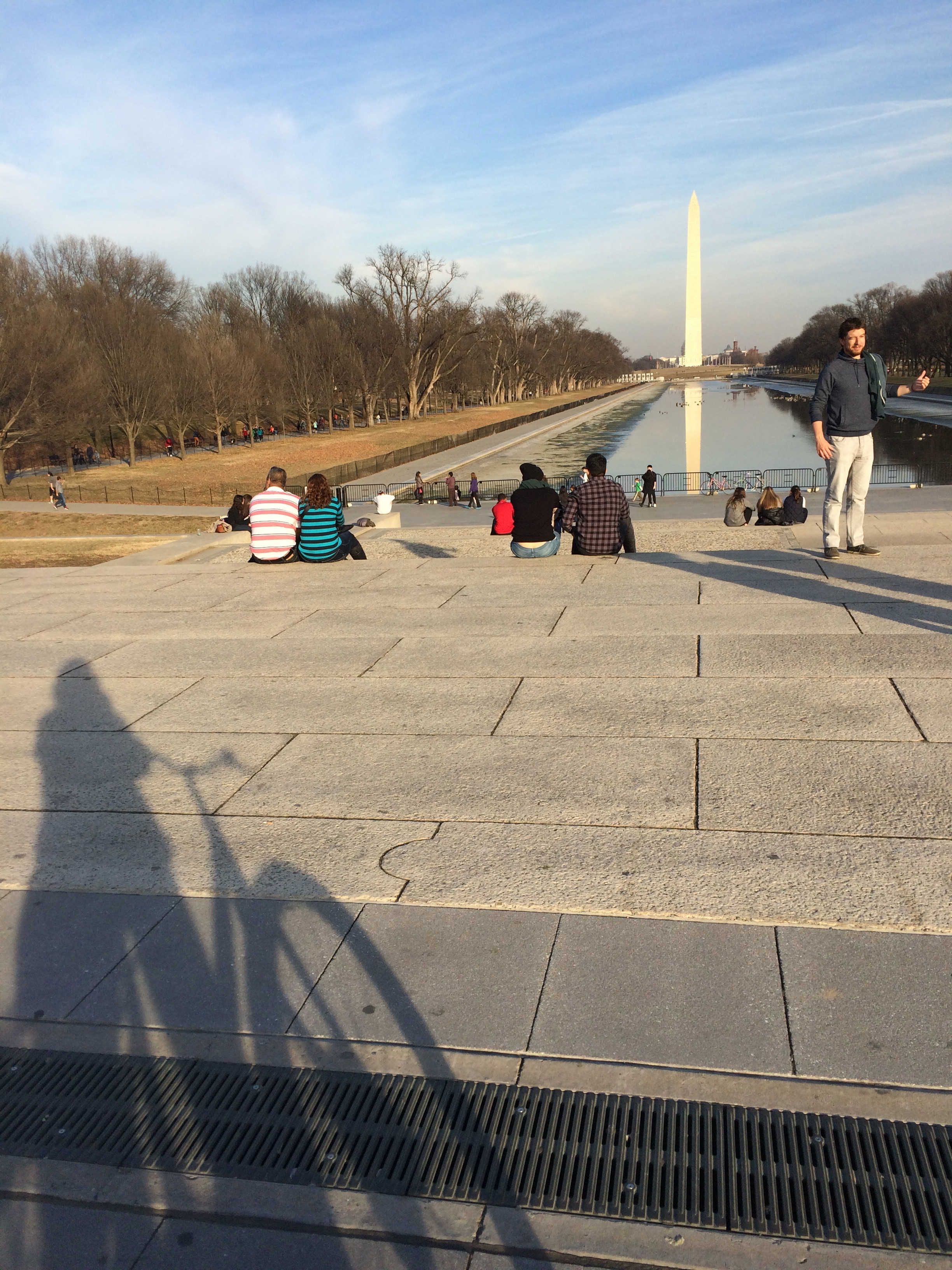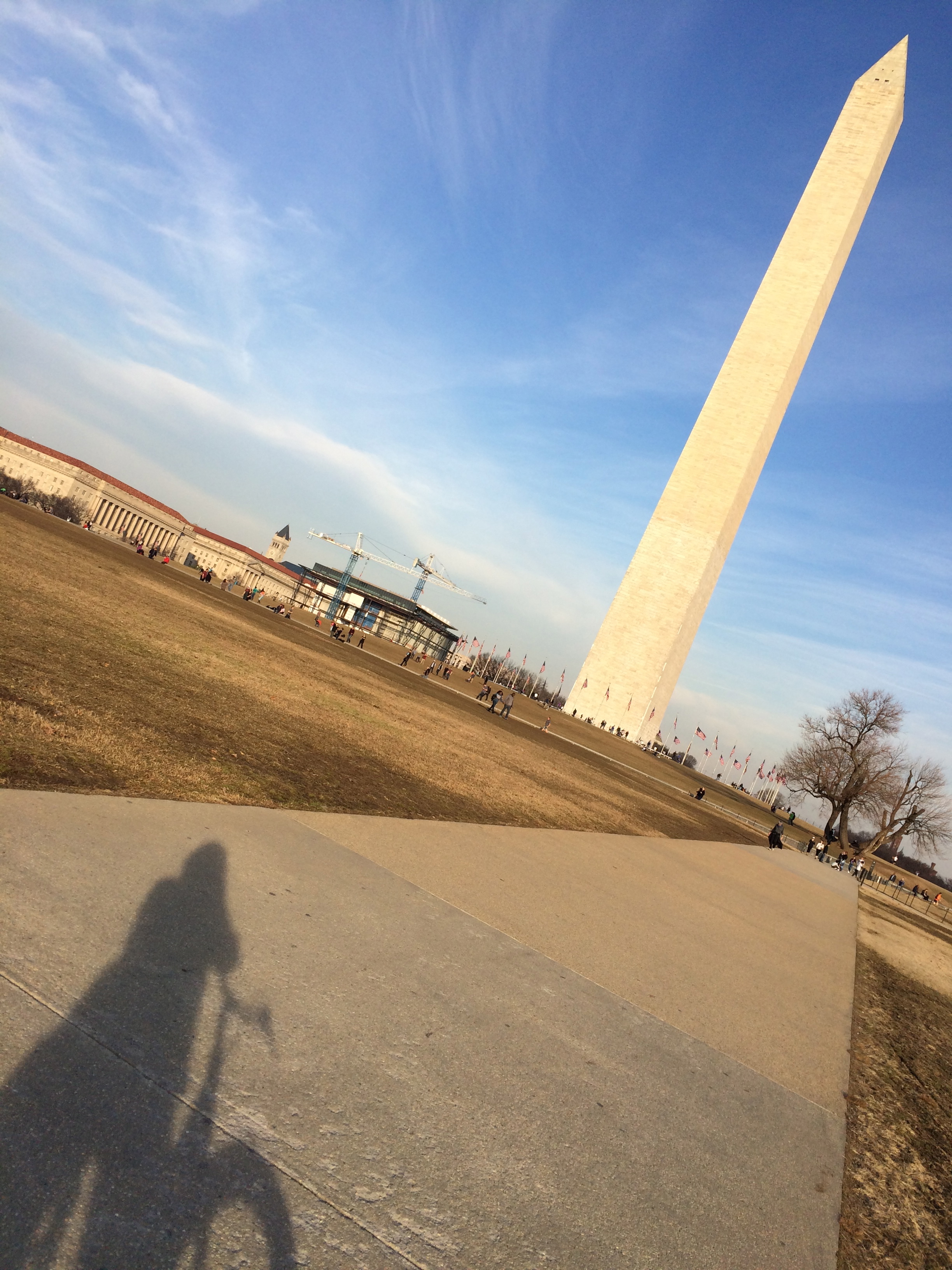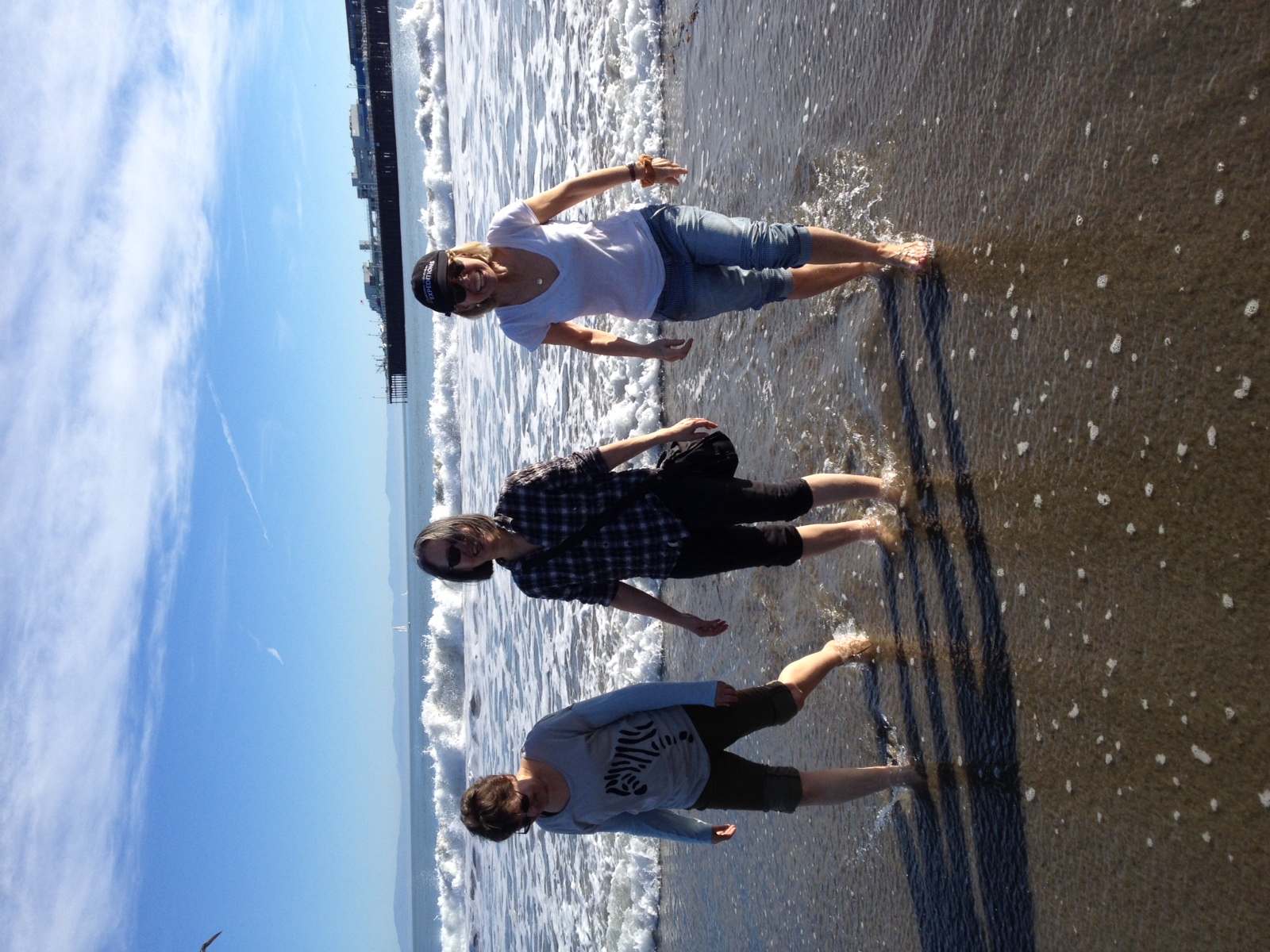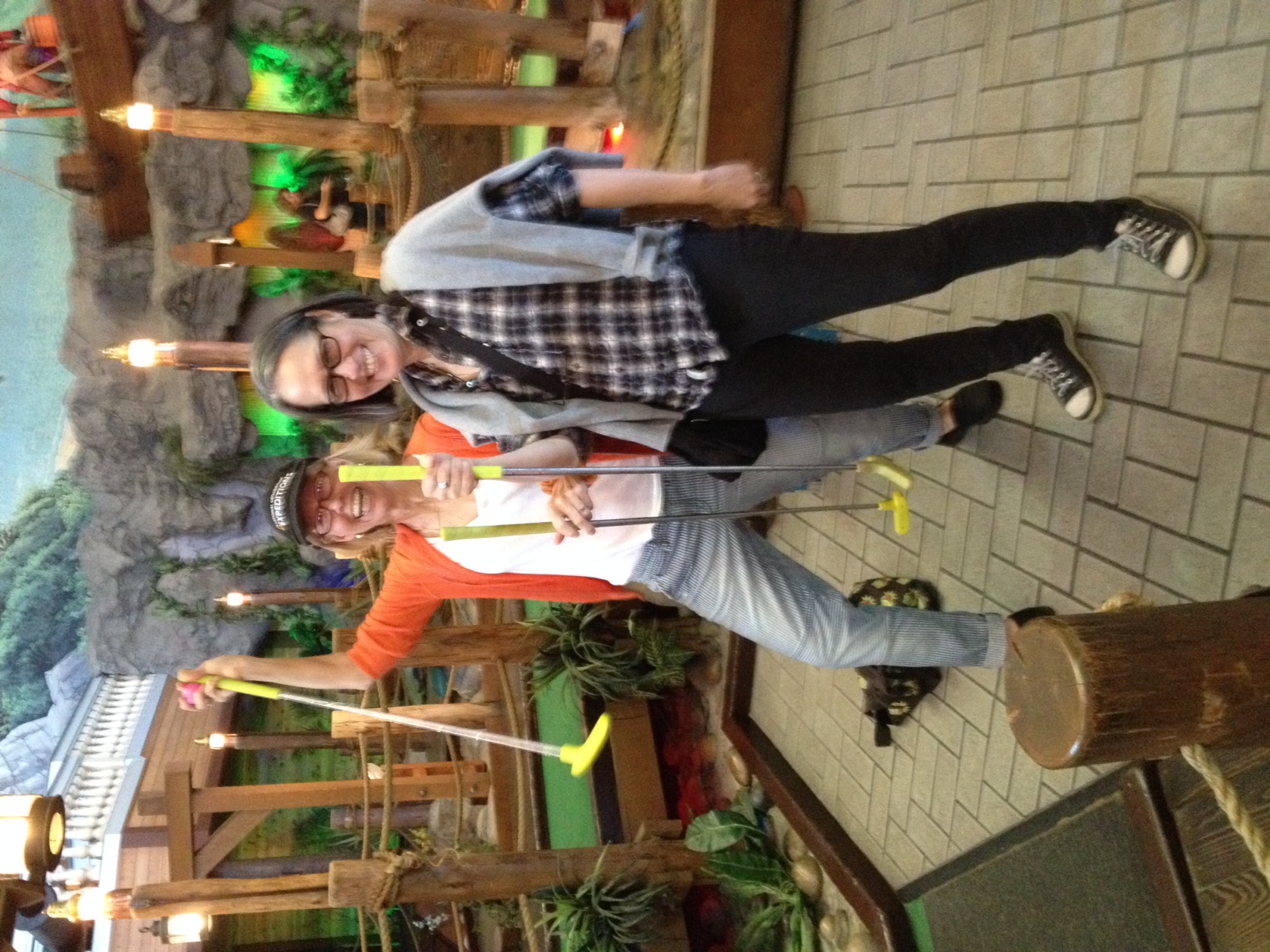I just remembered an essay I wrote for the New York Times back in August of 2004, and since it's August all over again, I thought I would repost it here. The memory of this summer when I was seven, visiting my grandmother in Japan for the first time, is the source of the scenes at Old Jiko's mountainside temple. Perhaps it's also the source of my interest in the things that drop out of history, which the BBC's Mariko Oi writes about in her article, What Japanese History Lessons Leave Out.

My first six summers were American suburban, filled with the familiar thrills of Slip 'N Slides and sprinklers, the smell of gasoline lawnmowers and the tickle of grass blades sticking to my skin. Then, the summer I was 7, my mother took me to Japan to visit my grandmother. It was my first trip outside the United States.
My grandmother was very old. She lived by herself in a tiny house, made of paper and wood, that clung to the side of a mountain. A bamboo forest encroached upon it, tall and towering, like some kind of monster lawn grown out of control. The days were humid and hot, and the heat made everything, including time, stand still. It was a complex Asian kind of heat, made of far more than just temperature. It was textured with strange sound and scent: the incessant whine of cicadas; the moist exhalation of forest moss; the hot breeze rattling the bamboo's bladelike leaves; the faint stench of sewage wafting up the mountainside from town.

I was drawn to the forest but scared of it as well, and so I would stand at the edge, looking in. The forest floor was shadowy, but a bright green sunlight filtered through the canopy. There were trees other than bamboo: stout trees, cryptomeria and camphor, with huge wisteria vines looped around their branches that the local children swung from.
I was curious about these Japanese children. While my features showed that I was half-Japanese, in my heart, I was all American, and where I came from - Connecticut - no one else looked like me. Now, here were children whose faces mirrored mine, but who were still not at all like me. Their tongues made high staccato sounds that my ears could not decipher. I recall one little boy calling out to me—taah-zan! taah-zan!—as he swung from his vine. When he landed on the ground, he thumped his chest and yodeled. I ran back into the house.
My mother tried to get me to play with the children, but I didn't exactly trust her. In Japan, she had revealed hidden sides of herself, the existence of which I'd never before suspected. She and I had spoken only English. Now, as I watched her talk to my grandmother in Japanese, switching fluidly from one language to the other, I saw that in this strange new tongue she was a different person-possibly not my mother at all. It made me dizzy, all this switching, but maybe it was the heat.
The heat was relentless, even at night. After dinner we would put on light cotton kimonos called yukata and walk to the public baths, where it was even hotter. Inside the tiled rooms, steam curled from the surface of the large soaking tubs. Pink-fleshed ladies of all sizes and shapes submerged themselves, then slowly rose again from the scalding water. I had never, in all my seven years of living, imagined there could be so many shapes of ladies.
After we came out of the bath, my grandmother would buy me a soda in a thick green refillable bottle that looked as if it was made of sea glass. The stopper was a heavy marble, held in place by a rubber gasket, which popped when you pushed it back inside the bottle. After the scalding heat of the baths, that cold soda was the most delicious thing on earth, and even the warm wind felt cool on my skin as we walked home through clouds of fireflies that lighted the darkness.
In the morning my grandmother would make tea; she always offered a cup to the photograph of my dead grandfather that sat on the altar, talking to him as though he were alive. He had moved to America in 1896, when he was just 16, to build himself a life, but during World War II, he was interned and my grandmother, who had followed him there, was left alone in Hawaii. By the time the United States government released him, at the age of 65, they had lost everything. Disenchanted, he and my grandmother moved back to Japan and he died a few years later. Of course, I didn't know any of this then. I just thought it was strange that my grandmother talked to a dead man.
But she wasn't the only one. For three days in August, my grandmother told me, during Obon the spirits of the dead walked among us and the living raised red lanterns to guide them, first safely back to earth, then home again to their spirit world. The festival of the dead has been celebrated in Japan since the seventh century. In my grandmother's town, in 1964, a bamboo tower was raised in the schoolyard for the festival and the townspeople gathered and danced around it. There were fireworks, and it was fun, but I still found it strange to hang out with ghosts.
And then there were the soldiers. Like living ghosts, they wore green military uniforms under bedraggled white robes, and begged for alms on busy street corners. They leaned on dirty crutches. Many were wounded or disfigured—amputees—missing arms or legs or parts of their faces. The legless, resting on small platforms with wheels, were my height exactly, and I could look into their eyes. What I saw was terrifying and I couldn't help but stare. My mother took my wrist and pulled me away. When I demanded more information, she told me the soldiers were veterans of World War II. She seemed embarrassed. Japan had fought America and lost, she said, as though this explained everything.
Years later, when I went back to Japan as a foreign exchange student, I asked people about the crippled soldiers begging on the street corners, but no one seemed to remember them or be willing to talk about them. Confused, I wrote to my mother, but she said I must have made it up. She said that while there may have been soldiers begging shortly after the war, they would certainly have been gone by the time she and I went to Japan. She didn't actually say I was lying, but since I'd always been a storyteller, she was accustomed to attributing these discrepancies to an overactive imagination.
But the image of the soldiers persists. How could I have made it up? I was only 7, a postwar child who knew nothing of war's mutilations. I remember the hard red sheen of their scars, the brownish scent of the bandages. But when I went back to Japan in 1975, it was as if the clocks had been rewound, and the soldiers had been erased from history.

Now in midsummer, there are days when the air becomes heavy, and time stands still. Of course, in New York there are no forest mosses, no bamboo or eucalyptus trees looped with vines, but in my neighborhood, there are children swinging in the parks and playgrounds. Watching them, I remember how a light bulb went off in my head, when I ran back from the forest to my grandmother's house, and my mother translated the little boy's strange words. Taah-zan, she explained, was Japanese for Tarzan.
I was delighted! I knew all about Tarzan. It was an American film, after all, and, when I was 7, knowing that these Japanese kids had adopted my country's story was hugely comforting to me. So I ran back into the forest. Pushing the little boy out of the way, I grabbed hold of a stout vine, thumped my chest and swung.

































